Narrative Medicine and Medical Humanities
Introducing the new Working Group for 2023-2024: Narrative Medicine and Medical Humanities
Central to our working group's vision are the values as well as the practical toolbox from Columbia University's Narrative Medicine Program. Founded by physician and literary scholar, Dr. Rita Charon, the program at Columbia is an internationally recognized degree and certificate program that simultaneously offers learning opportunities for interested professionals. Narrative Medicine is an interdisciplinary field that brings the narrative skills of radical (or wholly present) listening and creativity from the humanities and the arts to bear on interpersonal relationships and individual and collective mental and physical health. It works towards more successful short and long-term outcomes for those in healthcare but also for a range of populations including socially marginalized groups, victims of sexual assault, violence, and other traumatic events involving racial injustice, terrorism, political persecution, and war. Given the emphasis on creating, understanding, and re-envisioning stories, Narrative Medicine offers a strong paradigm for working with youth and adults at risk of incarceration and recidivism. Its aim is to improve outcomes via techniques and exercises from the literary arts alongside digital storytelling and other multi-disciplinary models.
Our working group intends to serve two specific organizations and communities within
Lubbock identified through personal, institutional, and/or research contacts: The
R.E.Y.N.A. Project, an initiative by the Lubbock Police Department's Community Engagement
Unit, and Voices of Hope, which provides aid to victims, non-offending friends and
family members affected by the trauma of sexual assault and/or sex trafficking. We
will also focus on the education and growth of participating faculty, researchers,
and students in foundational principles from Narrative Medicine and the more widely-known,
related academic field of Medical Humanities. Throughout the three-year-period, we
will establish and develop a public facing website that includes educational resources,
digital stories, and a collaboratively authored report that provides an account of
these efforts in partnership with the communities and organizations.
Narrative Medicine and Medical Humanities Group Members:

Dr. Jacqueline Kolosov, Professor of English, teaches and writes poetry, fiction and nonfiction and has
a special interest in narrative medicine in working with at-risk groups including
teens and adults who are negotiating trauma, grief, and other life challenges. She
has previously received a CH Foundation Grant for work on digital storytelling with
veterans, narrative medicine and art-in-community-based projects with hospital populations
at UMC and Covenant,
as well as at The Juvenile Justice Center.
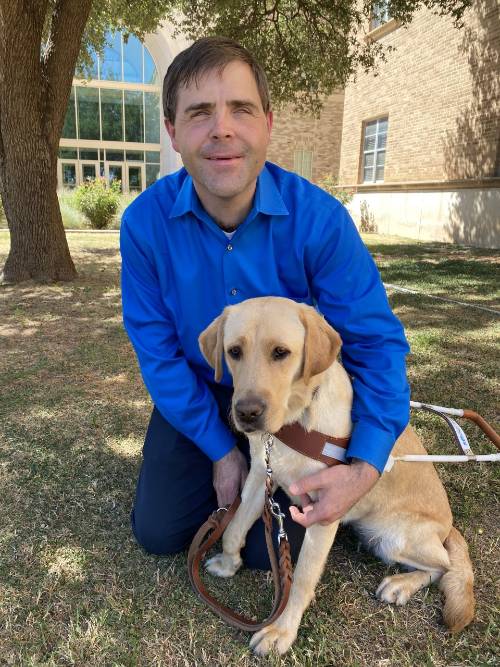
Dr. Adam Schmidt (project consultant) is Associate Professor and Associate Chair of Psychological
Sciences. His research exists at the intersection of clinical psychology, child psychology,
forensic psychology, and neuropsychology and examines the role of early life experiences
such as child maltreatment to the development of mental health disorders and delinquency.
His work is integrative and cross-cutting. He has extensive experience working across
disciplinary boundaries and has multiple, interdisciplinary collaborations with researchers
in child psychology, criminal justice, sociology, neuroscience, and molecular genetics.
He will provide expertise regarding work with youth involved in the juvenile justice
system, a nuanced understanding of the psychological ravages of child maltreatment
and trauma exposure, and insights into the process of resilience.
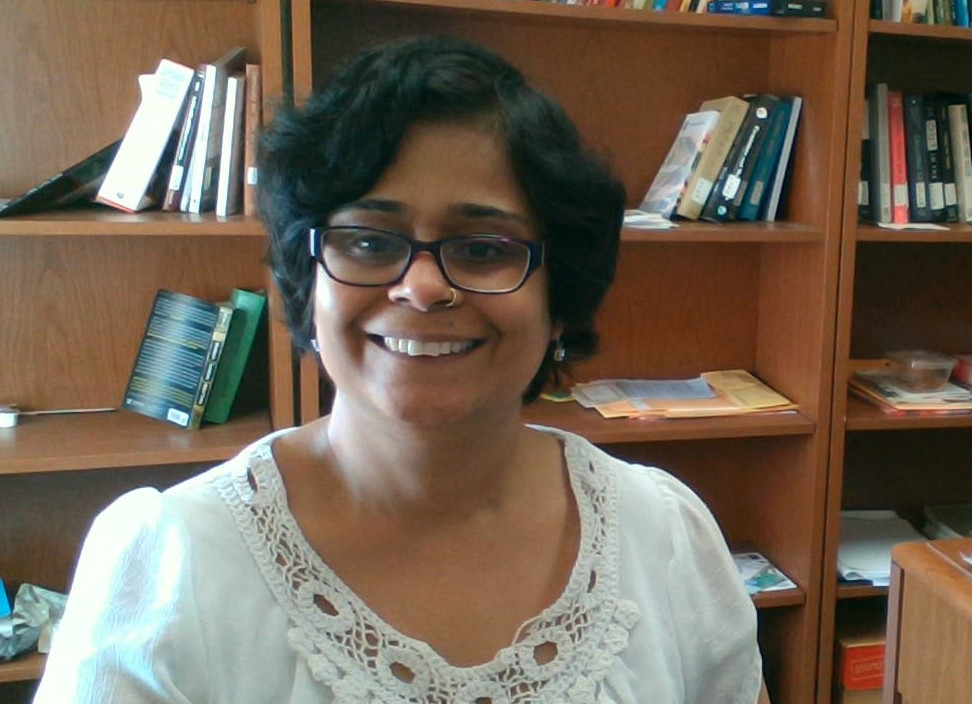
Dr. Kanika Batra, Professor of English, teaches and researches drama and activist publications arising
out of and contributing to feminist, queer, and black freedom movements. She has studied
the empowering effect of collaborative drama on victims of sexual violence, teenage
mothers, and ageing women and is currently working on the impact of invasive medicine
on LGBTQ+ constituencies, with a special emphasis on trans life narratives.
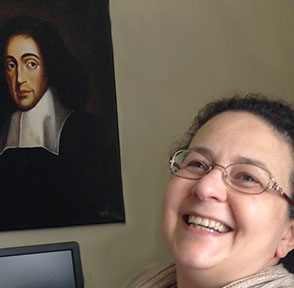
Dr. Francesca di Poppa, Associate Professor of Philosophy and Affiliated Faculty in the Women and Gender
Studies program. Her main area is
Spinoza studies. However, she has a longstanding interest and teaching experience
in biomedical ethics, especially in the role of narratives as teaching tools for future
physicians, and as healing elements to remedy the harm from different kinds of stigma
and epistemic injustice, such as:
transphobia, fatphobia, racism, misogyny, disableism etc.
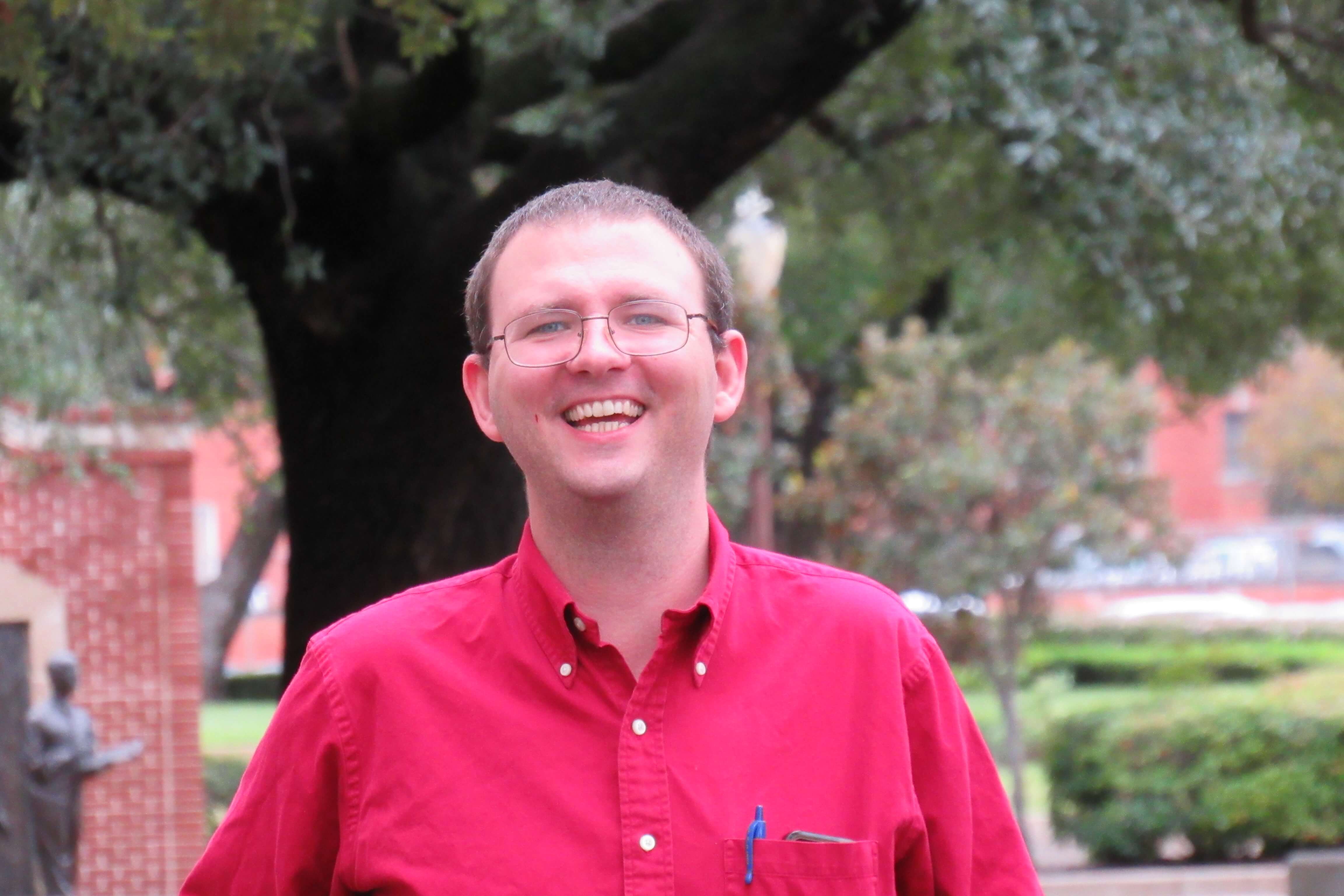
Dr. T J Geiger II, Assistant Professor of Technical Communication and Rhetoric, conducts research in
the areas of religious rhetorics, feminist rhetorics, rhetorical history, rhetorics
of science, and deliberation. He is the author of Faithful Deliberation: Rhetorical Invention, Evangelicalism, and #MeToo Reckonings. He has taught courses in rhetoric, professional and technical communication, spiritual
writing, persuasive writing, science writing, creative
nonfiction, civic writing, style, and literary theory.
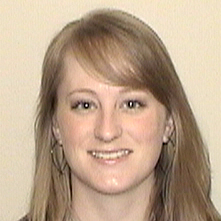
Kristin Loyd is Director of the Sowell Family Collection in Literature, Community and the Natural
World, Texas Tech University's prominent literary manuscript archive. In addition
to her archival work, she focuses on literature of place, the intersection of non-human
and human communities, and contemporary environmental writing.
Anish Quenim, an ongoing graduate student of social work at Texas Tech University is a certified
hostage and crisis negotiator. He works as a research assistant with a professor in
criminology and is part of Lubbock Police Departments Community Engagement Unit, spearheading
The R.E.Y.N.A. (Reducing Encounters with Youth through Neighborhood Alliances) Project.
His
area of focus is community policing to reduce recidivism.
Humanities Center
-
Address
Texas Tech University, 2508 15th Street, Weeks Hall 221, Lubbock, TX 79409-1002 -
Phone
806.742.3028 -
Email
humanitiescenter@ttu.edu
